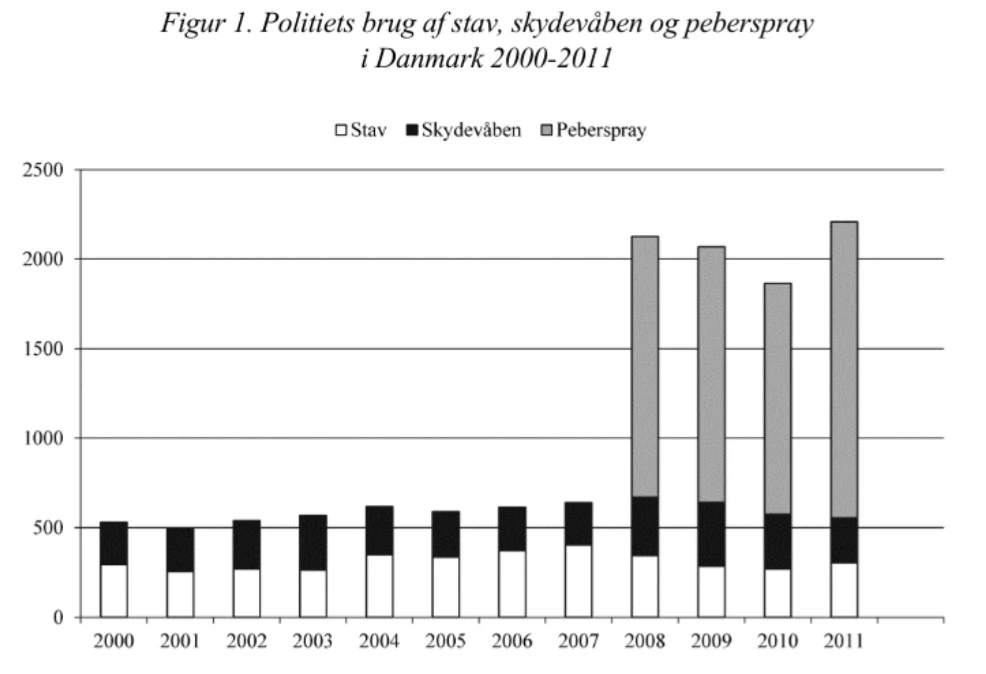Men de klumper jo både rygere og brugere af andre nikotin-produkter sammen? Så en anden konklusion, der kan drages af det data er vel, at når prisen på cigaretter stiger, så går rygerne over til andre produkter? Hvilket taler ind i det som artiklen lægger op til (og på en måde det du selv siger med, at folk går over til andre luksusprodukter): vi skal have prisstigninger på hele paletten af nikotinprodukter
ArcticDagger
Awesome, that seems like a great find!
Jeg synes egentlig, at det er fint, at myndigheder ikke kommer med normative anbefalinger, men at de lader de voksne vurdere, hvad deres barn er gammelt nok til at se. Det er selvfølgelig ikke lige til da der er et stort overlap mellem, hvad nogle ser som direkte skadeligt og hvad andre ser som blot upassende
Og hvad med alle billeder, beskeder, etc? Det betyder ikke så meget? Eller har du downloadet det hele forinden?
Fedt, mange tak for svar! Jeg har også leget med tanken om at bruge nogle begrænsninger, men jeg bliver ved med at lyve for mig selv at jeg sagtens kan styre det
Nu lyder du ikke som typen, der bruger din telefon meget, men har du de samme begrænsninger på din egen telefon? Og hvis ikke, hvorfor? Jeg synes egentlig det lyder som om du har en ret fornuftig tilgang til det, så er bare interesseret
Jeg synes det virker for mig, hvis jeg bare har Samsung Browser tilgængelig på mobilen. Firefox er som default. Mobilepay, f.eks., gør vrøvl, hvis jeg sletter Samsung, men det er aldrig Samsung, der bliver brugt til at åbne links
Jeps, op til tre godkendte enheder

MitID virker fint :-)